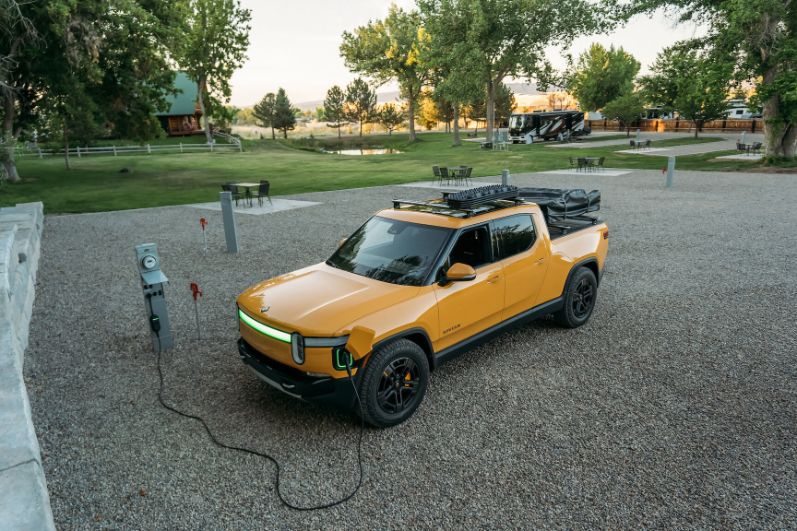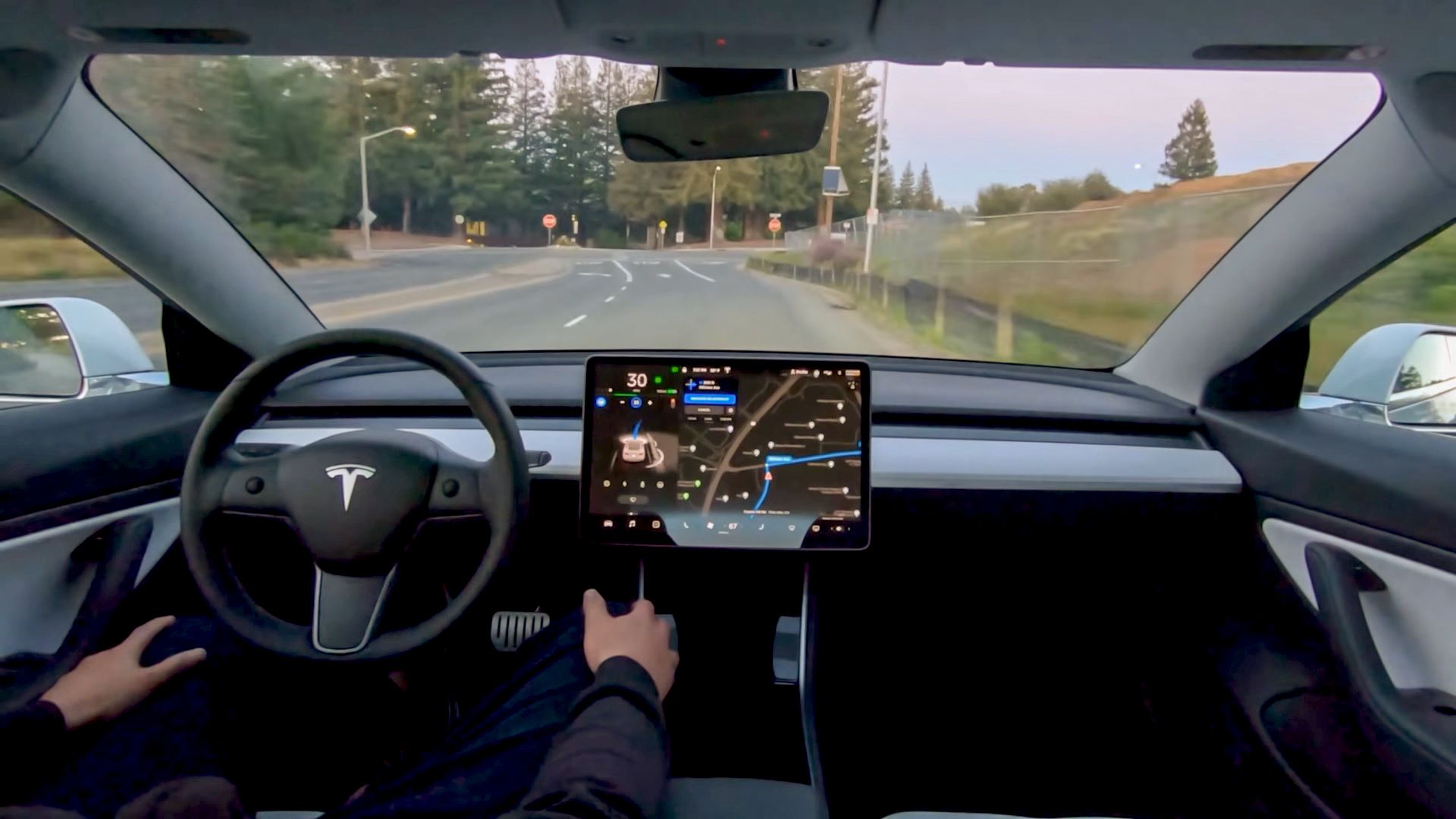Rivian has informed its customers of a significant change regarding its Rivian Adventure Network (RAN) charging services. Starting in early November, the days of free charging at RAN stations will come to an end, with billing mechanisms set to be introduced. While specific pricing details remain undisclosed, Rivian assures its users that this shift will not impact the user experience, with charges being automatically billed to Rivian accounts, akin to Tesla‘s Supercharging network.
The timing of this announcement appears to shed light on a broader narrative – Rivian’s challenges in keeping up with its ambitious commitments. When RAN was unveiled in 2021, Rivian pledged to establish over 3,500 individual fast-charging stalls and more than 600 sites across the United States and Canada by the close of 2023. Currently, the actual number of DC fast charging sites stands at approximately 60, and these are exclusively within the United States.
What does the cessation of free charging services signify for Rivian? Firstly, it could indicate a strategic shift in Rivian’s business model, aimed at generating revenue from its charging infrastructure, possibly to expedite the expansion of RAN. With free charging, the incentive for Rivian to invest in network growth may have been diminished. Introducing charging fees could create a new income stream that assists Rivian in realizing its initial commitments.
Furthermore, this move aligns Rivian more closely with the broader EV market. Rivian had previously announced plans to open its RAN to other EV brands, offering preferential rates for Rivian vehicle owners. The introduction of charging fees may serve as a precursor to this planned diversification.
While Rivian’s charging network is still in its early stages, the transition away from free charging appears to be a strategic adaptation, perhaps a necessary one, to keep pace with the rapidly evolving EV market. Rivian seems to be laying the groundwork for long-term sustainability, but only time will reveal the impact of this change on the company’s pursuit of its ambitious goals.
Notably, Rivian is also poised to embrace a new charging standard in 2025, adopting the North American Charging Standard (NACS) plugs developed by Tesla. This shift could signify a broader strategy centered on compatibility and market entry, as Rivian sets its sights on a promising future.
Source: EVMagz


